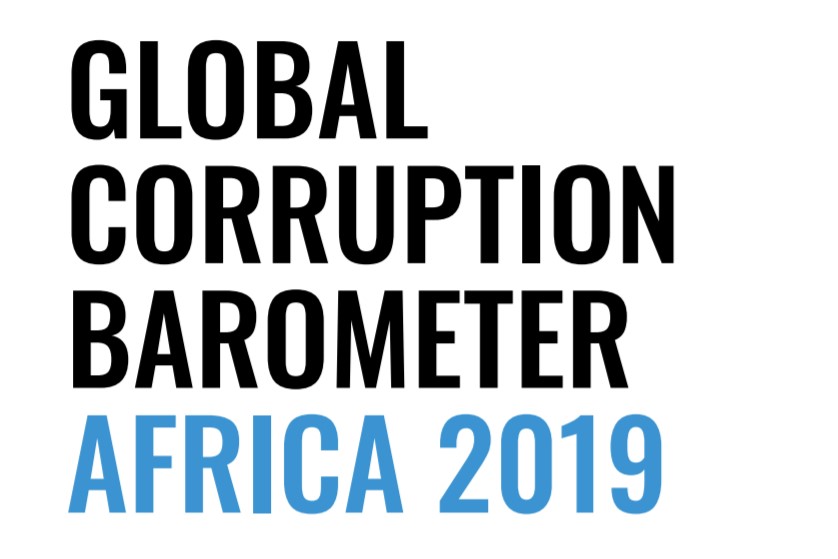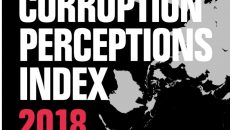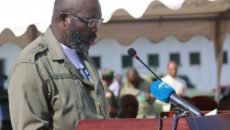MONROVIA, Montserrado – Transparency International has released its 2019 Africa edition of the Global Corruption Barometer, which reported that 58 percent of Liberians believe that the government is doing a bad job of tackling corruption.
The Global Corruption Africa Barometer presents the largest, most detailed set of public opinion data on citizens’ views on corruption and direct experiences with bribery in Africa.
Although Pres. George Weah had verbally committed to fighting corruption, there have been growing public concern about increased corruption in government. On June 7, thousands of citizens took to the street to protest against bad governance under the Weah’s administration, including corruption, a worsening economy, and the lack of transparency and accountability in the government.
Under the Council of Patriots, the citizens presented a petition to the government comprising a list of actions they demanded to be taken. Up to date, there has been no information from the government on any actions taken to address the citizens’ concerns.
Despite calls from several corners for the president to not only publicize his assets declaration but also to require his appointees to do so, the president has taken no action in that direction.
The Transparency International survey, which was conducted locally by The Khana Group, found that 53 percent of service users paid a bribe for public services.
The report also showed that Liberians found the police to be the most corrupt institution in Liberia -Â a consistent finding since 2015. The report also rates officials of government, including members of the national legislature as the second most corrupt group of individuals, followed by judges and court magistrates.
Transparency International’s findings are consistent with a 2018 U.S. State Department Report that accused the government of generally failing to charge higher-ranking officials with corruption and tended to recommend prosecution against low-level civil servants, without any exceptions.
The U.S. government report also specifically mentioned police corruption as an area that remains a problem for the government. It said the most prevalent form of police corruption was the solicitation of “on the spot†fines at roadblocks for traffic offenses.
It further revealed that corruption during the period persisted in the legal system, as some judges accepted bribes to award damages in civil cases.
For example, an associate magistrate in Grand Bassa who had extorted US$400 from a complainant was only penalized with a few days in jail for extorting US$400 from a litigant in pursuit of justice. He later returned to his post.
Corruption is estimated to cost the continent approximately US$148 billion per year — roughly 20 percent of the continent’s combined gross domestic product, according to the African Union.
Transparency International’s report noted that “more than one in four people who accessed public services, such as health care and education, paid a bribe in the preceding year.†In fact, in Liberia, more people reported paying bribes to public utilities such as the Liberia Electricity Corporation and the Liberia Water and Sewer Corporation than to any other group of government agencies – 48 percent of respondents.
“The [Global Corruption Barometer] also reveals how corruption is hitting the most vulnerable people the hardest,†the report added.
On a positive note, the report noted that more than half of respondents believe that ordinary citizens can make a difference in fighting corruption than the government.
Afrobarometer directs a pan-African, non-partisan research network that conducts public attitude surveys on democracy, governance, economic conditions, and related issues in Africa. Afrobarometer surveys are implemented by about 35 national partners in surveyed countries.
Featured photo is screenshot of Global Corruption Barometer



